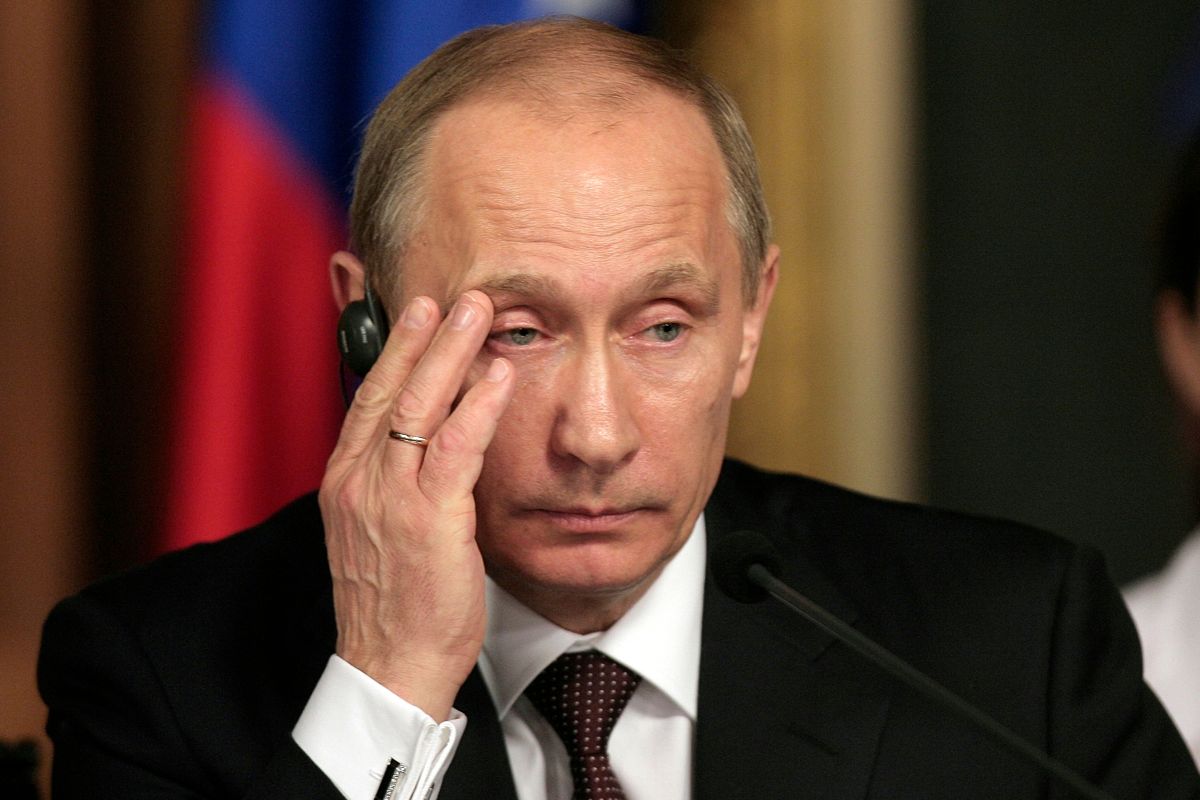The blocked interest payments on the Russian debt constitute a default situation, estimated the rating agency Moody’s. “On 27 June, Russian debt holders had not received coupon payments for two Eurobonds worth $100 million dollars upon expiration of the grace period of 30 calendar days, which we consider to be a default situation according to our definition”, indicated a statement from the investors service of Moody’s.
Russia incurs this for the first time since 1918 in a suspension of payments. It already suffered a default in 1998 during the presidency of Boris Yeltsin for about 40.000 million dollars, but it was in national debt. However, the Government had to declare a moratorium on the payment of the external debt.
Is it a default or not?
This situation does not imply a legal status of default for Russia because the agencies can no longer rate that country due to the international sanctions imposed against Moscow for the invasion of Ukraine.
Now it is up to a committee of creditors, the Credit Derivatives Determination Committee (CDDC), assess whether or not Russia defaults on payments. Moscow was to pay $100 million dollars in interest on its debt on 27 May, a term with a one-month grace period that expired on Sunday.
The Russian Ministry of Finance claimed to have paid the money in foreign currency already on 20 of May. But he admitted on Monday that the money had not reached creditors, because bank intermediaries blocked payments due to sanctions imposed by Western countries as a result of the war in Ukraine.
